About the Poet – Alfred Noyes CBE (16 September 1880 – 25 June 1958) was an English poet, short-story writer and playwright, best known for his ballads, “The Highwayman” and “The Barrel-Organ”.
Noyes was born in Wolverhampton, England, the son of Alfred and Amelia Adams Noyes. When he was four, the family moved to Aberystwyth, Wales, where his father taught Latin and Greek. The Welsh coast and mountains were an early inspiration to Noyes. In 1898, he left Aberystwyth for Exeter College, Oxford, where he distinguished himself at rowing, but failed to get his degree because, on a crucial day of his finals in 1902, he was meeting his publisher to arrange publication of his first volume of poems, The Loom of Years (1902).
From 1903 to 1913, Noyes published five additional volumes of poetry. Noyes’ major work in this phase of his career was Drake, a 200-page epic in blank verse about the Elizabethan naval commander Sir Francis Drake, which was published in two volumes (1906 and 1908). Noyes’ only full-length play, Sherwood, was published in 1911; it was reissued in 1926, with alterations, as Robin Hood.
Noyes is often portrayed by hostile critics as a militarist and jingoist. Actually, he was a pacifist who hated war and lectured against it, but felt that, when threatened by an aggressive and unreasoning enemy, a nation could not but fight. On this principle, he opposed the Boer War, but supported the Allies in both the World Wars. He also did his patriotic chore as a literary figure, writing morale-boosting short stories and exhortatory odes and lyrics recalling England’s military past and asserting the morality of her cause. These works are today justly forgotten, apart from two ghost stories, “The Lusitania Waits” and “The Log of the Evening Star“, which are still occasionally reprinted in collections of tales of the uncanny. During World War II, Noyes wrote the same kind of patriotic poems, but he also wrote a much longer and more considered work, If Judgement Comes, in which Hitler stands accused before the tribunal of history. The only fiction Noyes published in World War II was The Last Man (1940), a science fiction novel whose message could hardly be more anti-war. Noyes’ best-known anti-war poem, “The Victory Ball” (aka “A Victory Dance”) was first published in The Saturday Evening Post in 1920.
Noyes’ ambitious epic verse trilogy The Torch-Bearers – comprising Watchers of the Sky (1922), The Book of Earth (1925) and The Last Voyage (1930) – deals with the history of science. Noyes’ last book of poetry, A Letter to Lucian and Other Poems, came out in 1956, two years before his death by polio. In 1957, Noyes published his last book, The Accusing Ghost, or Justice for Casement.
About the Poem
“The Highwayman” was first published in the August 1906 issue of Blackwood’s Magazine, based in Edinburgh, Scotland. The following year it was included in Noyes’ collection, Forty Singing Seamen and Other Poems, becoming an immediate success. In 1995 it was voted 15th in the BBC’s poll for “The Nation’s Favourite Poems”.
Setting of the Poem
The poem was written on the edge of a desolate stretch of land in West Surrey known as Bagshot Heath, where Noyes, then aged 24, had taken rooms in a cottage. In his autobiography, he recalled: “Bagshot Heath in those days was a wild bit of country, all heather and pinewoods. “”The Highwayman” suggested itself to me one blustery night when the sound of the wind in the pines gave me the first line.” The poem was completed in about two days.
This 18th century rural English setting served to create a lot of suspense in the minds of contemporary readers, but perhaps it was the fact that the poem dealt with self-sacrificing love that made it so popular in times to come.
Some online learning platforms provide certifications, while others are designed to simply grow your skills in your personal and professional life. Including Masterclass and Coursera, here are our recommendations for the best online learning platforms you can sign up for today.
The 7 Best Online Learning Platforms of 2022
- Best Overall: Coursera
- Best for Niche Topics: Udemy
- Best for Creative Fields: Skillshare
- Best for Celebrity Lessons: MasterClass
- Best for STEM: EdX
- Best for Career Building: Udacity
- Best for Data Learning: Pluralsight
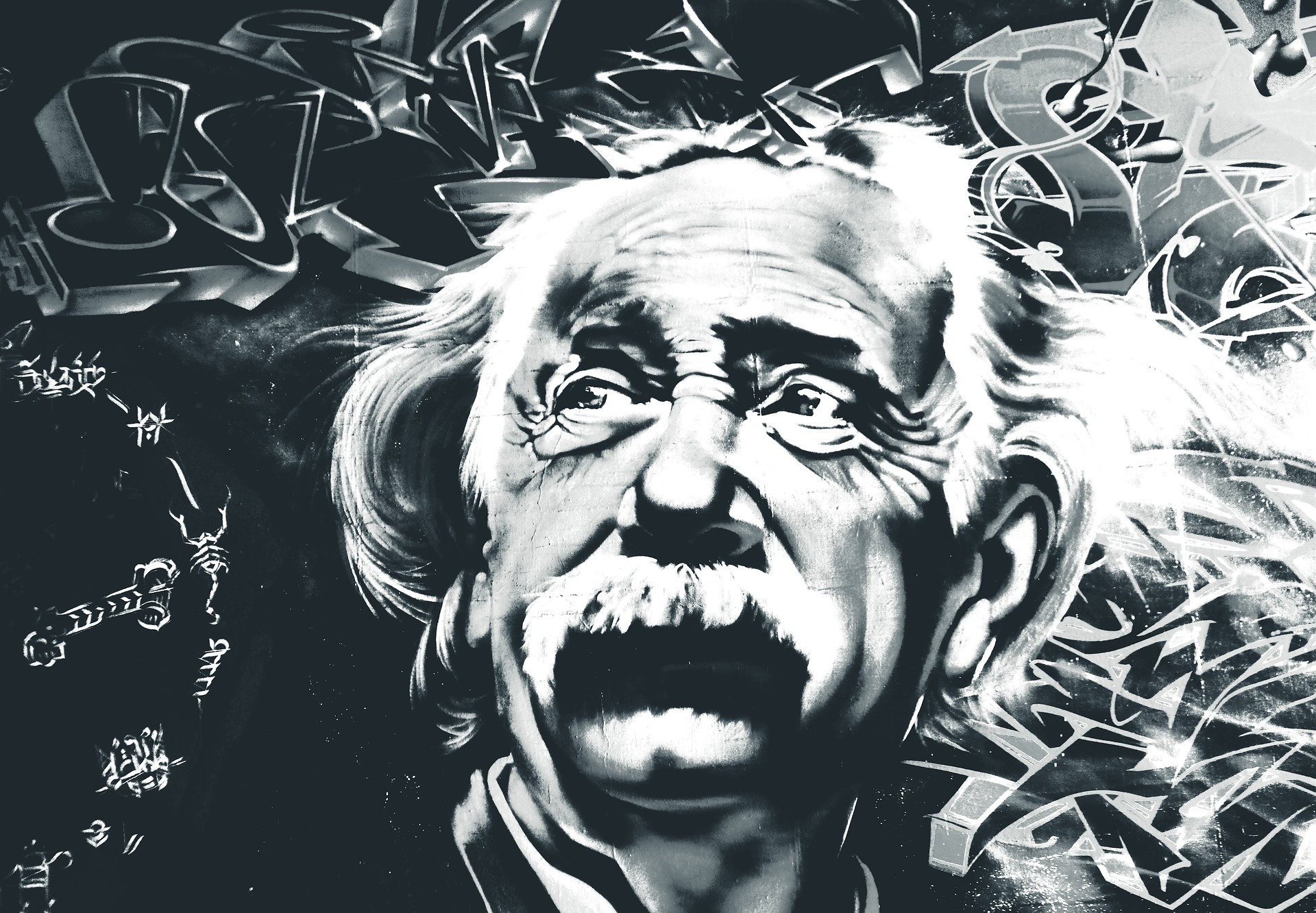

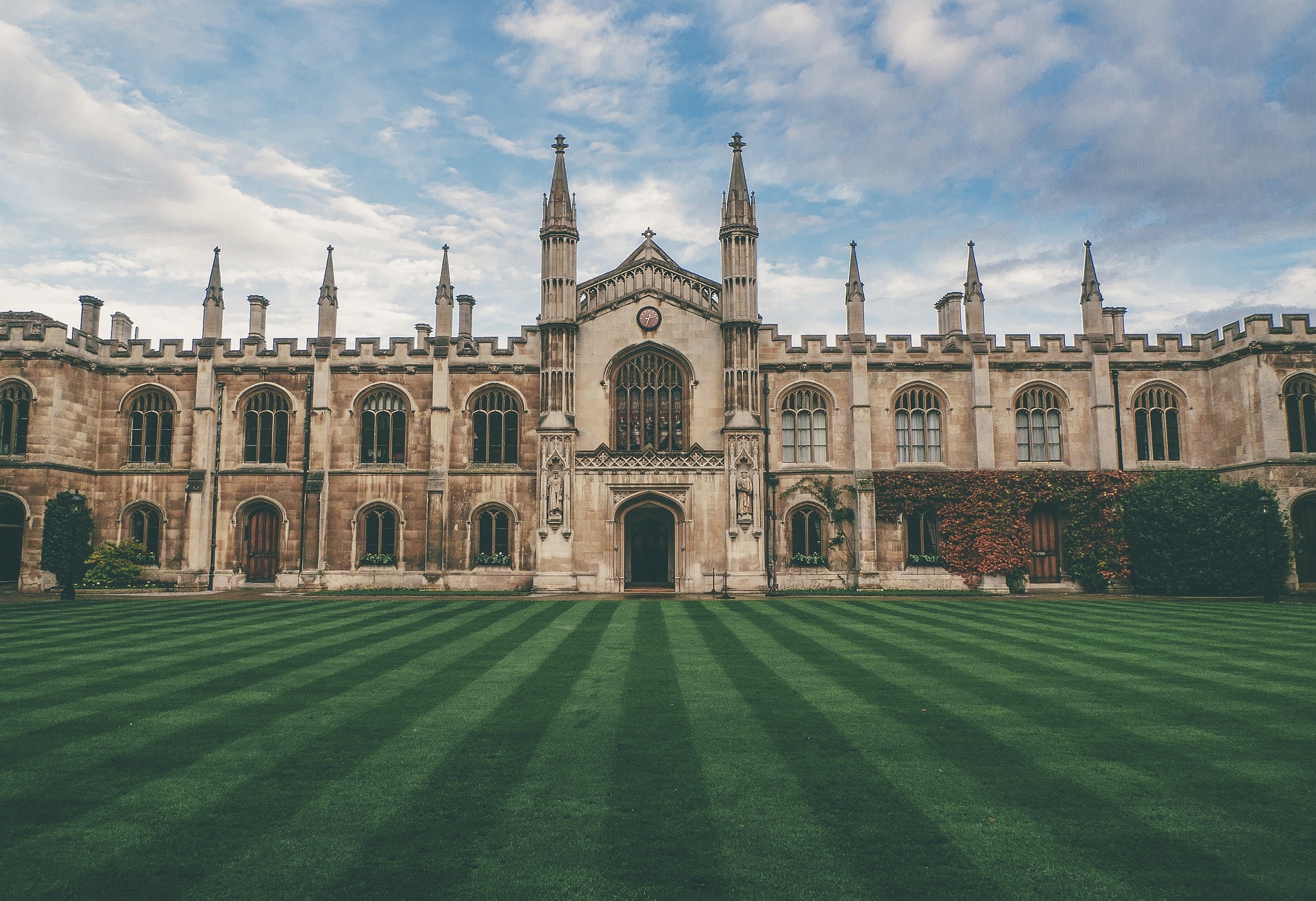



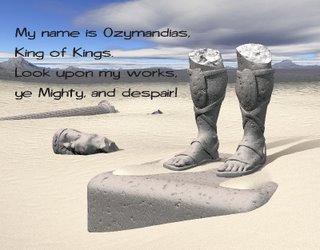
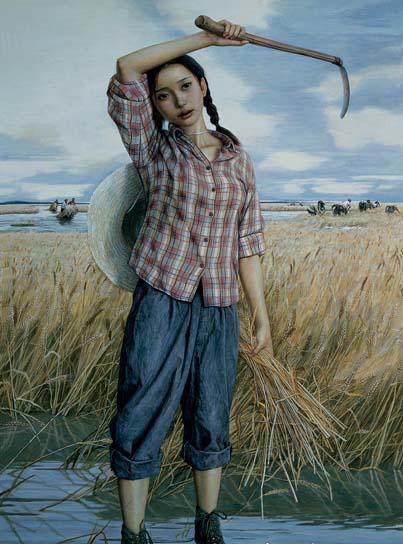



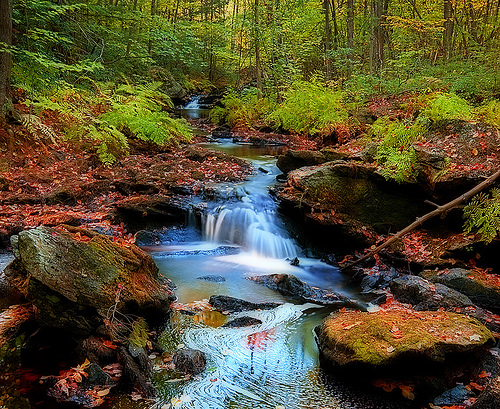





I just love this poem
I love this poem very much